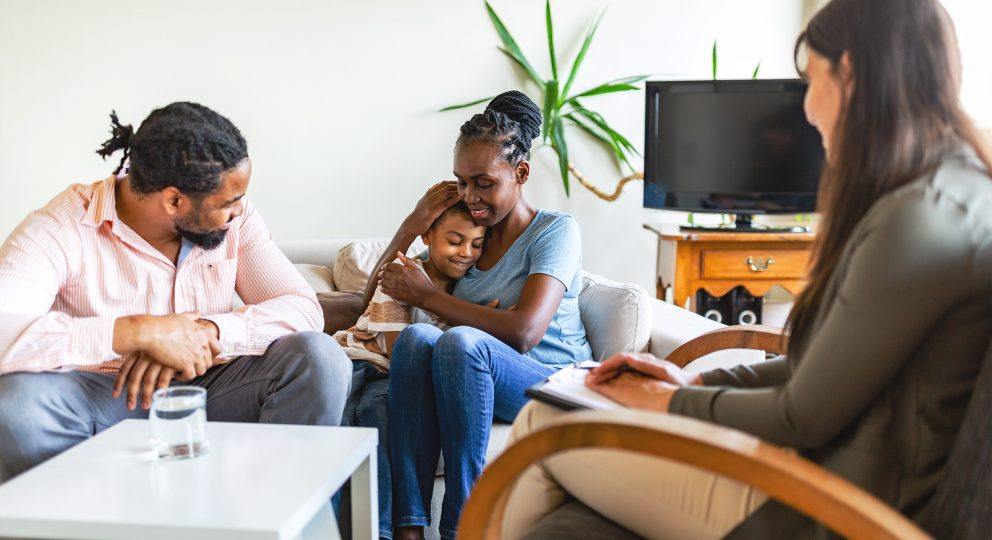“I have said to you to speak the truth is a painful thing. To be forced to tell lies is much worse.”- Oscar Wilde.
So often, the challenges of being honest and transparent find their way to your therapist’s office. Many couples and individuals do not disclose important aspects of themselves or the relationship out of fear and discomfort. Of course, the comfort level with the therapist is a priority. Therapists must work on building rapport and creating a safe space for their clients to open up. However, even then, some individuals struggle to be honest with themselves and/or others. This is also understandable from the trauma-informed perspective and should not be shamed. Rather, it should be explored, and telling your therapist about your struggles is the first step.
Are you comfortable expressing your emotions when angry or sad? If your partner is upset with you, do you feel very uncomfortable and want to avoid interaction? Have you betrayed your partner and think that if they find out they will leave you? Hence, you are living with the burden of this secret? Is it difficult for you to share about your past since it brings up painful emotions in you? Powerful individual differences stemming from past experiences, childhood upbringing, and cultural norms among many other factors govern the answers to these questions.
The most common stumbling block to transparency is how each partner “feels about feelings,” especially negative ones. In “What Makes Love Last?” Dr. John Gottman describes a person’s attitude toward feelings as “meta-emotion.” “Meta” is a word that psychologists use to describe something that folds back on itself. “Meta-emotion,” for example, refers to how we feel about feelings. In his book “Emotional Intelligence,” Daniel Goleman points out that people who are emotionally intelligent can identify their feelings and tolerate how people around them feel. They can handle strong feelings of anger, shame, sadness, hurt, and anxiety.
Unfortunately, many people did not learn these important skills because in childhood they did not receive attuned and consistent emotional care. This is usually done by parents who don’t know how to manage their own emotional states. As a result, these children become adults who have difficulties managing their feelings (and the feelings of others), so they turn to avoidance and numbing.
Keeping secrets in therapy looks like the following scenarios:
- coming in for couples therapy and not sharing that you have feelings for someone else
- not sharing that you had/have affair(s)
- knowing that, if you share your true feelings about an issue, your partner will feel hurt thus not wanting to share to avoid causing pain
- not knowing how to process your own feelings of guilt and therefore trying to dismiss them
- feeling worried that you won’t be accepted if you tell the truth
These thought processes sound like:
- “If I tell you, the consequences will be too painful and I don’t know how to deal with that.”
- “I don’t know what to say if you get angry or start crying.”
- “It reminds me of when my father/mother/etc. got angry and sad and I did not have an answer then either. I didn’t know how to make things better.”
- “I care about this person and I don’t want to see them hurt. So I try to go around having this conversation.”
- “I don’t want the therapist to think poorly of me.”
- “If I show my true self, I won’t be liked anymore.”
Do these scenarios sound familiar? These are the fears behind keeping secrets in relationships and in therapy. However, if you never face the pain and discomfort of having vulnerable, honest conversations, it will only get worse and become a source of more trouble.
Now, I understand that disclosing something painful isn’t easy. I hear you. You probably had negative experiences with that. It hurt on the receiving end too for your partner. However, here’s the truth: research shows that 90% of partners want to be told the truth regardless. Despite the pain, people feel better knowing.
Let’s look at infidelity, for example. The betrayal felt by partners is as much about lying and secret-keeping as about the actual behavior. The best chance that a relationship will survive is if the person becomes honest and transparent. The whole truth for the first time, although extremely difficult and painful, feels like a kind of freedom. Therapists trained in working with betrayal trauma can help facilitate the process of disclosure.
Additionally, I often tell my clients that I doubt that they can tell me anything that will shock me at this point. Having thousands and thousands of therapy hours with various clients from different walks of life, I’ve heard many stories. I also feel a deep connection and feel honored that they choose to share their experiences, pains, and hopes with me. I am sure many therapists feel the same. So, regardless if you are in couples or individual therapy, find the courage and express yourself honestly and with transparency.
Are you currently looking for a Certified Gottman Couples Therapist to use research-based approaches to help your relationship? The Gottman Institute is seeking couples to participate in an international outcome study on Gottman Method Couples Therapy. Learn more here.










